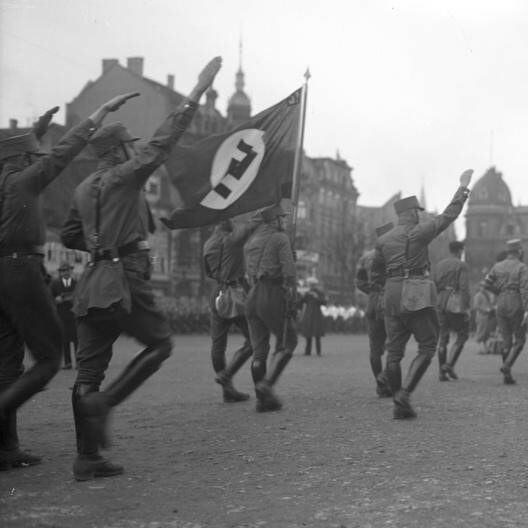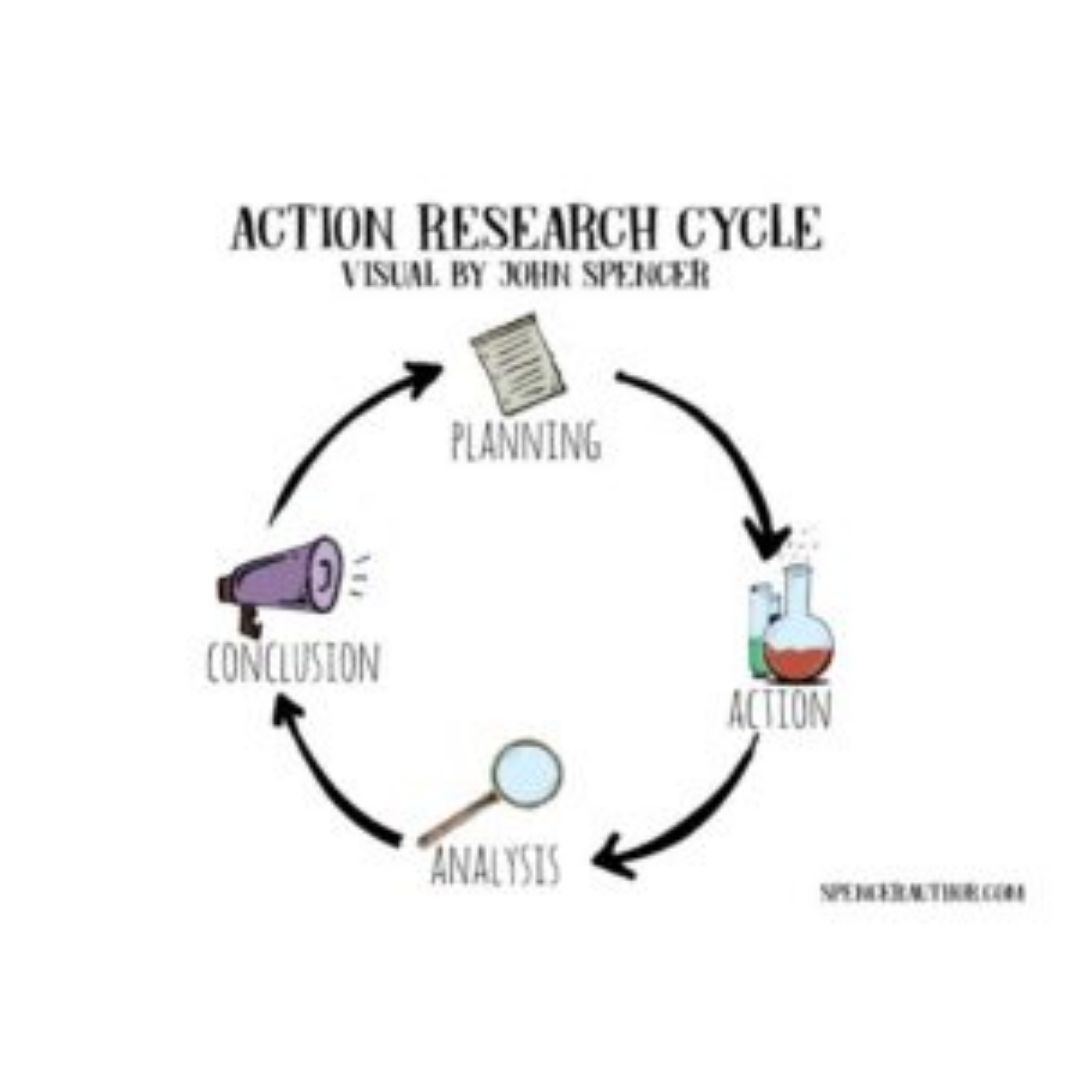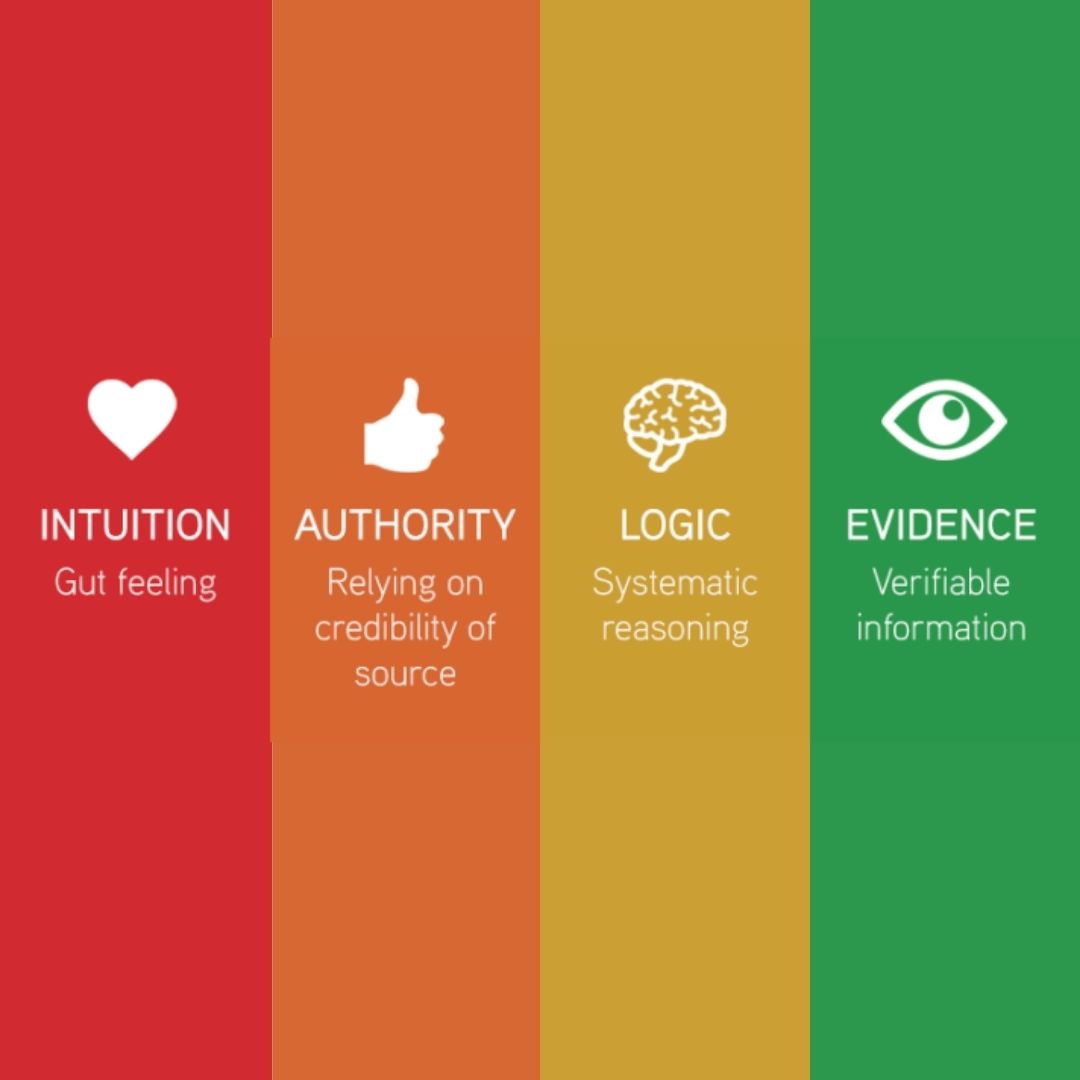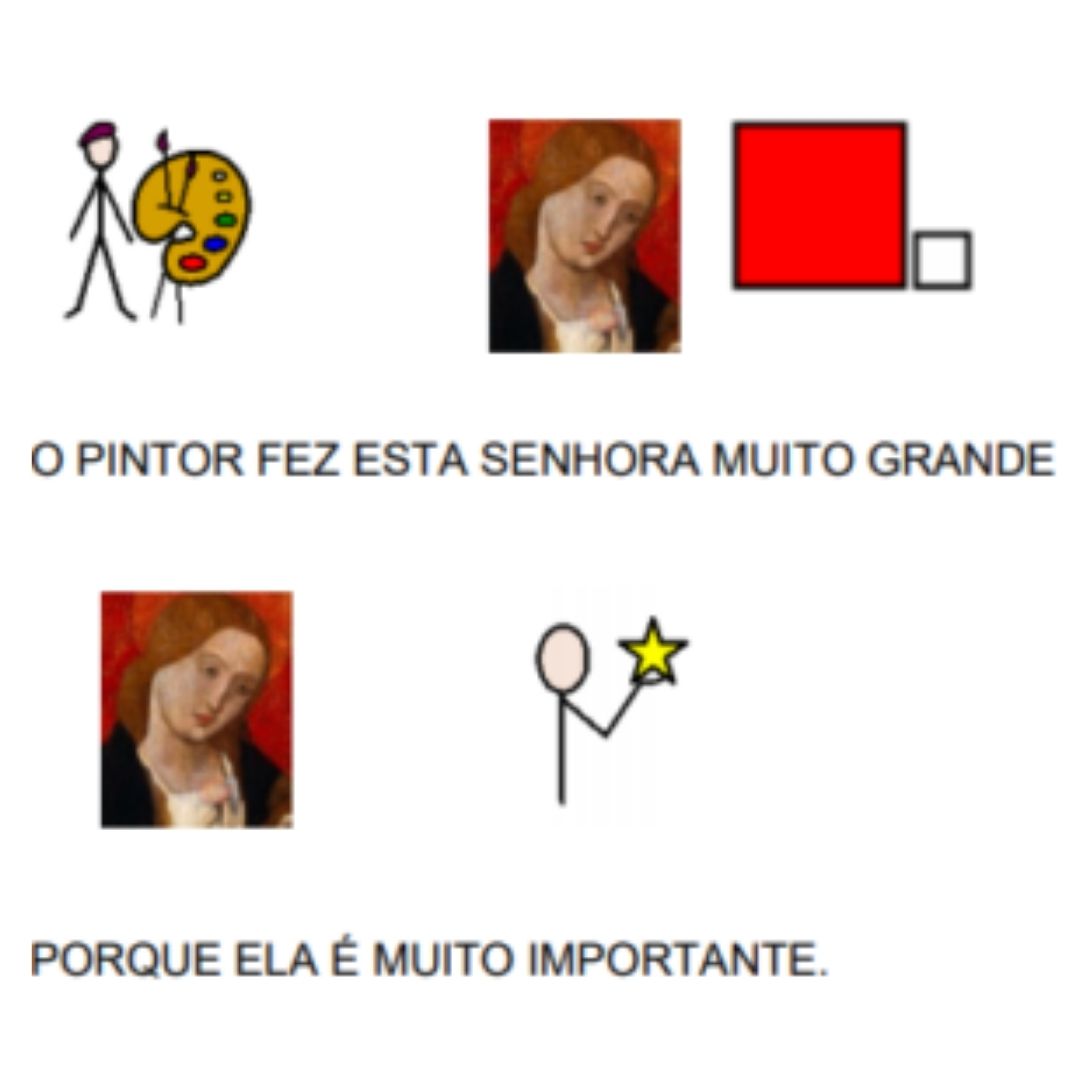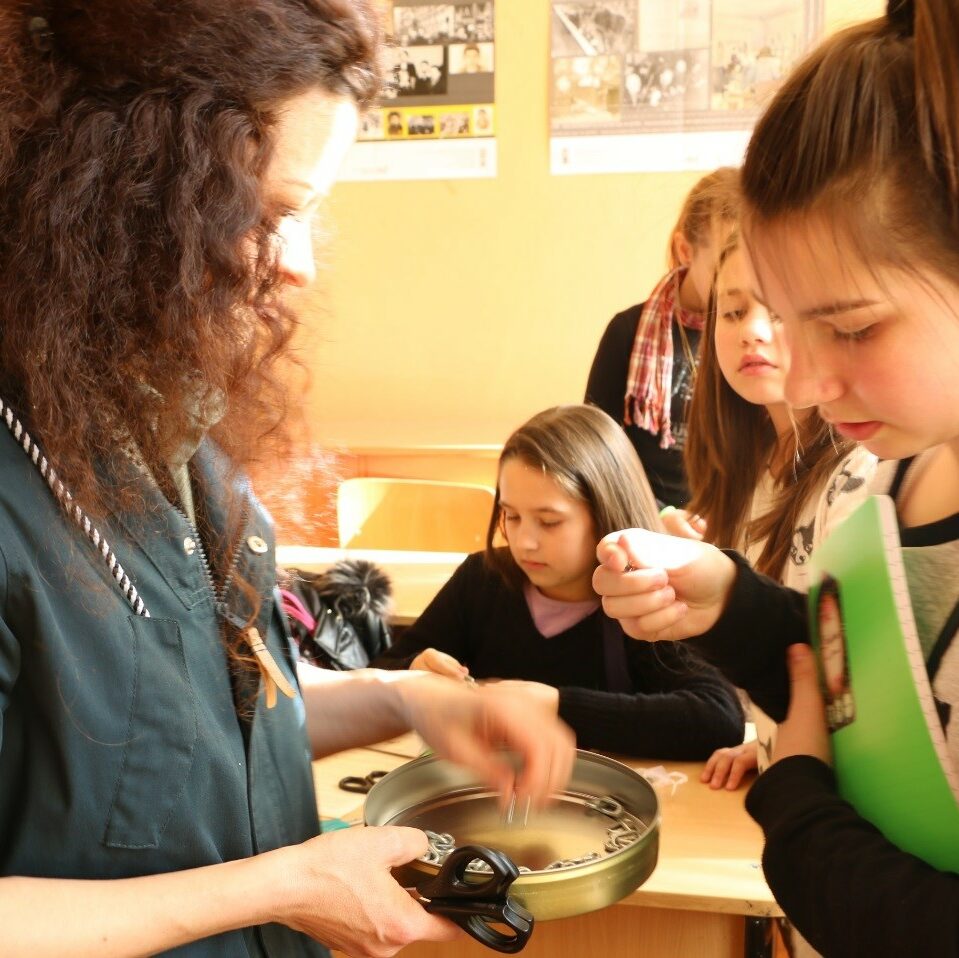In 2011, ANIM, the Macedonian History Educators and EuroClio were asked to make an overall scan of the process of textbook production and publishing during their visit to the Macedonian Minister of Education Mr Pance Kralev on 19 September 2011 in Skopje.
The Minister wanted a systematic analysis with guidelines on how to improve the process and concrete suggestions for process interventions. ANIM and EuroClio consider that the process of history textbook writing and publishing is an element of the whole process of learning and teaching of history, and have decided to widen the required scan into a variety of issues.
This independent inquiry has looked into the current history curricula, current history textbooks, class room practice, teacher preparation and in-service teacher training. In this study the key stakeholders, such as the advisors within the Ministry of Education and the Bureau of Educational Development, Academic Historians, State Education Inspectorate, the National Agency for textbooks but primarily current trainers and teachers were addressed. The research also looked at documents and appropriate literature.
As a result a set of suggestions for improvement related to the research areas are made. I hope that this publication supports professional thinking on how to further the development of innovative and responsible history education in the Republic of Macedonia.

Helping all student answer challenging questions about the causes of historical events and developments

Action Research: projects as active methods to develop civic skills

How do we decide what we believe? – Helping students learn how to question beliefs and test claims to become more (self) critical and evidence based in their thinking

Augmentative Communication: the creation of visual vocabularies as a support in the study of works of art

The Other, The Different, The Identical

